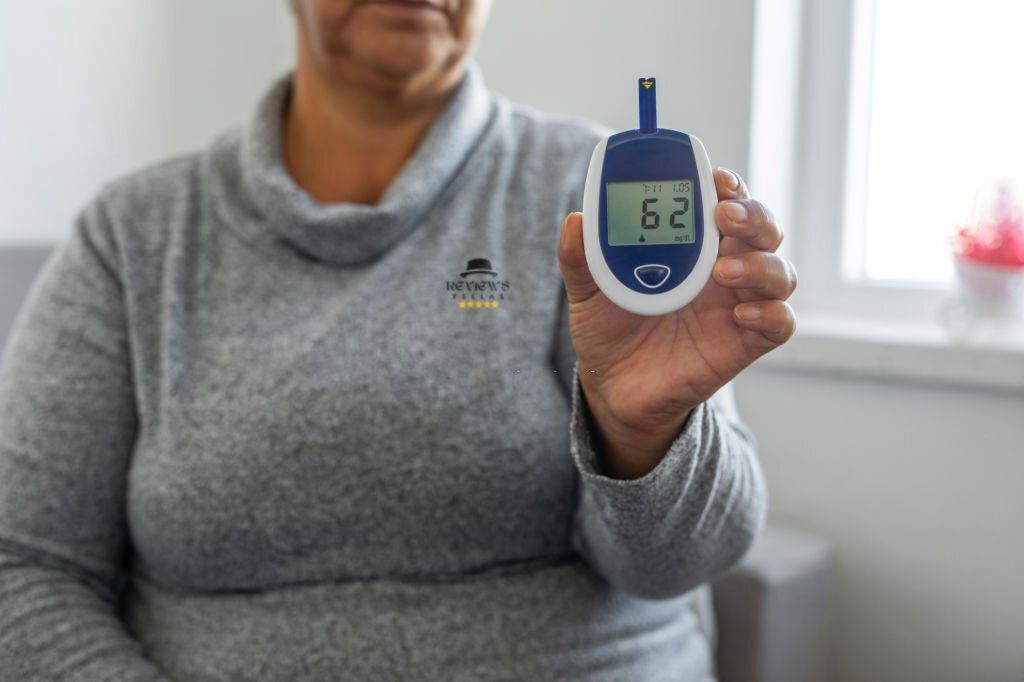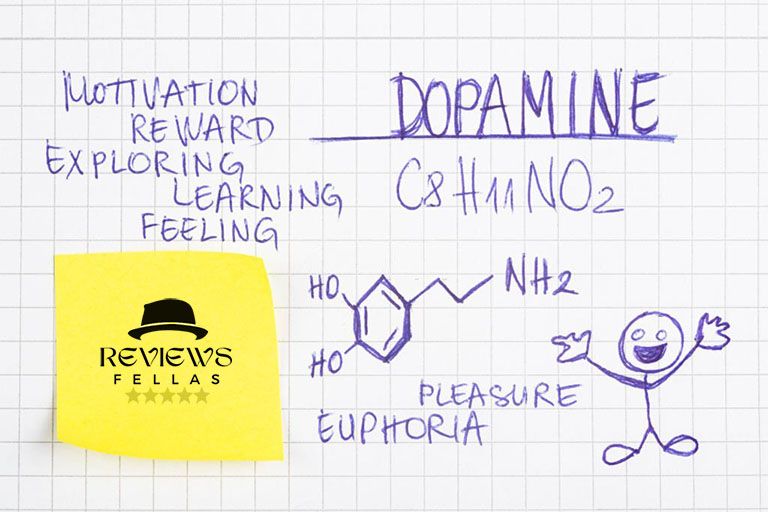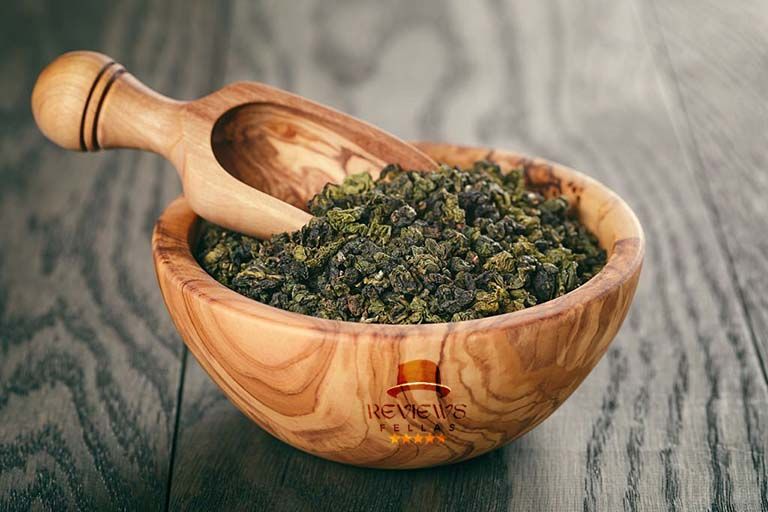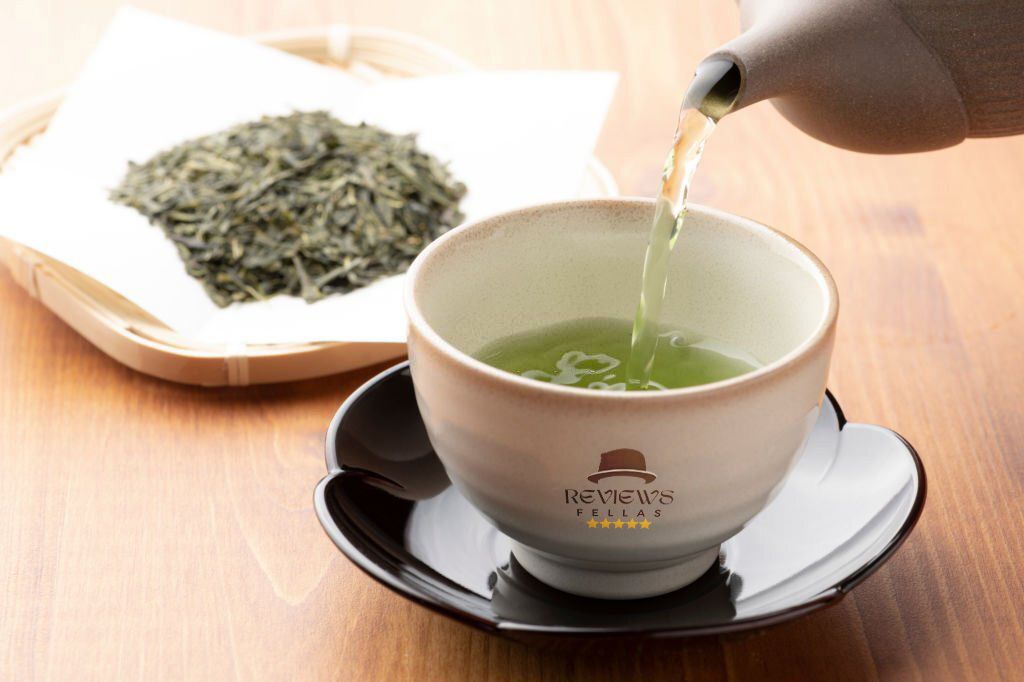This article is reviewed, corrected, and approved by: Julia Weiss CNP| RN | MPH
Appetite suppressant tea is a type of tea that is known to help curb hunger and reduce the desire to eat. These teas work by suppressing appetite, which can ultimately lead to weight loss if used as part of a balanced diet and exercise routine.
Green tea, yerba mate, and pu-erh tea are some of the most often consumed natural appetite suppressant teas. Each type of tea works in its way to help suppress appetite. Let's dig into Appetite suppressant tea and see what we can find.
Why Do People Use Appetite Suppressant Tea?
Appetite-suppressant tea is mainly used to decrease burn fat or maintain weight. These teas to curb appetite are a natural alternative to weight loss pills, appetite suppressant gummies, and pharmaceuticals like anorectic drugs.
Many medications can cause adverse effects or interact with other medications. But on the other hand, appetite-suppressant teas can help you lose weight safely and naturally without causing any side effects.
These suppressant teas may lessen the desire for unhealthy foods like sweets and salty snacks. Reducing sugar cravings also may help people eat better and lose weight.
How Appetite Suppressant Tea Works and Their Benefits?

Appetite-curbing tea works in several ways to help reduce feelings of hunger and promote weight loss. Different types of appetite suppressant teas work in different ways. Here's a more detailed explanation of how natural appetite suppressants work and their many health benefits.
- Suppresses hunger and desires to cut calories.
- The best diet option for males, females, and older people.
- Offers natural appetite suppression.
- Increases metabolism and energy.
- Antioxidants and other nutrients improve general health.
- It may stabilize blood sugar and prevent spikes and crashes.
- Also, it assists in relieving stress, anxiety, and overeating.
- Appetite-suppressant tea reduces binge eating by lowering hunger and desires.
- It may replace sugary or high-calorie drinks.
The Science Behind Appetite Suppression

The science behind appetite suppression is complex and involves several hormones and neurotransmitters regulating hunger and satiety. Discover the essential factors (hormones) involved in regulating appetite.
- Ghrelin: The stomach releases a hormone called ghrelin, which stimulates hunger. When ghrelin levels are high, the brain gets an indication that it is time to eat.
- Leptin: The hormone leptin is made by fat cells and tells the brain when it has enough energy. In high leptin levels, the brain signals to stop eating.
- Insulin: The hormone leptin is made by fat cells and tells the brain when it has enough energy. It also plays a role in appetite regulation by signaling to the brain when glucose levels are high, which can lead to feelings of satiety.
- Dopamine: A commonly known neurotransmitter, dopamine helps us feel joyful and happy, enjoy things, and strive for goals. As we eat some tasty recipes or delicious meals, it is secreted, which can lead to an urge for food and encourages overeating.
Appetite suppressant drinks or tea can influence these hormones and neurotransmitters to help reduce feelings of hunger and promote satiety. For example, green tea contains caffeine, stimulating dopamine release and increasing metabolism, leading to decreased appetite.
Yerba mate can help reduce ghrelin levels, leading to decreased hunger, and pu-erh tea can help reduce the absorption of fat and carbohydrates, leading to decreased calorie intake.
Overview of How the Teas Work to Suppress Appetite

Tea has had therapeutic and medicinal perks, including appetite suppression, for centuries. Teas' active compounds that help suppress appetite are usually natural stimulants or compounds that affect hunger hormones. Learn how varieties of teas can help you lose weight.
Green tea: Caffeine and catechins, found in green tea, are natural stimulants that can help speed up your metabolism and make you feel less hungry. Some research suggests that the catechins in blue tea can help control blood sugar levels, which in turn can curb appetite.
Oolong tea: Theophylline and Caffeine can be found in oolong tea, which has only been partially fermented and can help increase metabolism and reduce appetite. Oolong tea also contains compounds called polyphenols, which can help to block the absorption of fat and carbohydrates.
Black tea: Black tea contains caffeine and has been used as a homemade appetite suppressant drink since the 17th century. Black tea has been linked to potential advantages such as boosting metabolism and hunger suppression. Black tea also contains theophylline, which can help relax the lungs' muscles and improve breathing.
Pu-erh tea: The caffeine and theophylline in fermented green teas, like Pu-erh can boost metabolism and suppress appetite. Thearubigins in Pu-erh tea have been shown to lower cholesterol and aid digestion.
Yerba mate: South American yerba mate leaves are used to make tea. Both caffeine and theobromine are powerful metabolism boosters and appetite suppressants. Saponins in yerba mate relieve inflammation and enhance digestion.
Besides these, natural appetite-suppressant teas or other herbal appetite suppressants teas like dandelion tea, ginger tea, hibiscus tea, and white tea also work as an effective appetite suppressant.
Other Natural Appetite Suppressants

While not everyone likes tea, there are many other options for appetite suppressants that are both healthy and commonly available. Many natural appetite suppressants can be used in addition to or instead of tea. Here are some examples:
- Fiber-rich foods: Fiber-rich foods absorb water and expand in the stomach, making you feel full and satisfied. It may assist in reducing calorie intake and encourage body weight management. As a result, hunger and food cravings can be reduced by eating foods high in fiber.
- Protein-rich foods: protein is a satiating nutrient that maintains a feeling of fullness for an extended period. As a result, by reducing calorie consumption, you can enhance your weight loss endeavors. As an added bonus, protein can enhance body composition and help you keep your muscle mass even as you shed pounds.
- Water: Water consumption prior to meals can lower hunger and calorie consumption while also increasing hydration, enhancing metabolism, and assisting with weight loss.
- Spices: Certain spices like cinnamon, ginger, and cayenne pepper contain compounds that can help to reduce appetite and cravings. These spices can also improve digestion and metabolism, supporting weight loss.
- Mindful eating: Mindful eating requires being attentive to your body's hunger cues and consuming food in a slow and deliberate manner. It can help reduce overeating and improve overall eating habits. Mindful or Conscious eating improves weight reduction and food relationships.
- Sleep: Sleeping is essential for appetite regulation, as lack of sleep can disrupt hunger hormones and increase appetite. Getting enough sleep can also improve metabolism and promote weight loss.
- Exercise: By reducing ghrelin levels and raising leptin levels, regular exercise can successfully suppress appetite. Exercise also helps increase muscle mass, improving metabolism and promoting weight loss.
Best Ways to Use Appetite Suppressant Tea
Here are some tips for using appetite suppressant tea effectively:
Choose the right type of tea: Look for teas that contain natural appetite suppressants like caffeine, green tea extract, yerba mate, or Garcinia cambogia. Make sure to choose a high-quality tea from a reputable source.
Drink tea before meals: If you drink tea before a meal, it can help you feel less hungry and eat less. Aim to drink tea 30 minutes before meals for maximum effectiveness.
Don't add sugar or sweeteners: Adding sugar or sweeteners to your tea can negate the appetite suppressant effects and increase calorie intake. If you need to sweeten your tea, use a natural sweetener like honey or stevia.
Don't rely on tea alone for losing weight: Tea that makes you feel full should not be your only way to lose weight. For a healthy weight, regular exercise and a balanced diet are essential.
Listen to your body: If you experience any adverse reactions to the tea, such as jitteriness, nausea, or headaches, stop consuming it and consult a healthcare expert.
Don't overdo it: Drinking too much appetite suppressant tea can cause side effects like dehydration, digestive problems, and increased heart rate. It's best to follow the recommendations and keep daily intake to 3–4 cups.
Be patient: Appetite suppressant tea may take time to work, and the effects may vary from person to person. It's important to remain composed and not expect quick results throughout the process.
Possible Side Effects of Using Appetite Suppressant Tea
Although teas with appetite-suppressant properties are generally safe, they may cause adverse effects in certain individuals. Here are some possible side effects to be aware of:
Caffeine sensitivity: Many appetite suppressant teas contain caffeine, which can cause jitteriness, insomnia, headaches, and heart palpitations in people who are sensitive to it.
Digestive problems: Some teas, such as green tea and yerba mate, can cause digestive issues such as nausea, diarrhea, and stomach cramps, especially if consumed in large quantities.
Interference with medication: Appetite-suppressant teas have the potential to impair the absorption and efficacy of some drugs, emphasizing the significance of using them with caution. For example, green tea has been shown to lessen the effectiveness of blood-thinning drugs like warfarin.
Allergic reactions: Teas and their components may cause allergies in some individuals. For example, people with a sensitivity to ragweed may also have a response to chamomile tea.
Dehydration: Appetite suppressant teas containing caffeine or other diuretics can cause dehydration, especially if consumed in large amounts or combined with other diuretic substances.
Increased heart rate and blood pressure: Caffeine and other stimulants in appetite suppressant teas can increase heart rate and blood pressure in some people, potentially posing a health risk to those with heart disease or high blood pressure.
When To Drink Appetite Suppressant Tea
Teas that reduce hunger are most effective when consumed 30 minutes to an hour before a meal, and this may help curb your appetite and eat fewer calories overall. Morning tea consumption has been linked to increased metabolic rate and keeps you energized throughout the day.
Some people may find that drinking appetite-curbing tea in the evening helps to curb late-night snacking and cravings. Ultimately, the timing of when to drink tea to curb your appetite will depend on your individual personal preferences and lifestyle.
How Much Appetite Suppressant Tea to Drink?
Depending on the type of tea and the individual, the suggested amount of appetite suppressant tea can vary. It's best to follow the instructions on the tea package and stick to the recommended serving size. Most tea packages suggest one tea bag or a teaspoon of loose tea should be brewed per cup of water.
Aim to drink no more than 3-4 cups of appetite suppressant tea per day to avoid any potential side effects. Being mindful of your body's responses and adjusting your tea intake accordingly is crucial. If you experience any adverse effects, such as nausea, dizziness, or jitteriness, stop consuming the tea and consult a doctor.
Conclusion
If used properly, teas containing appetite suppressants can help you cut calories and trim down. Appetite-suppressing supplements are widely available, including popular options like GNC appetite suppressant and more.
Natural appetite suppressants like caffeine, green tea extract, yerba mate, and Garcinia cambogia can be found in many types of tea. It's important to choose a high-quality tea from a reputable source and follow the recommended serving size.
However, appetite suppressant tea should not be relied on as the sole method for weight and body fat loss. Maintaining a healthy weight requires a nutritious diet, moderate exercise, and conscious eating habits.
Remember, all teas maybe not work for everyone. In case of any side effects from appetite suppressant tea, discontinue its use and seek medical advice as early as possible. Be mindful of potential health risks associated with appetite suppressant tea and prioritize healthy lifestyle choices.


